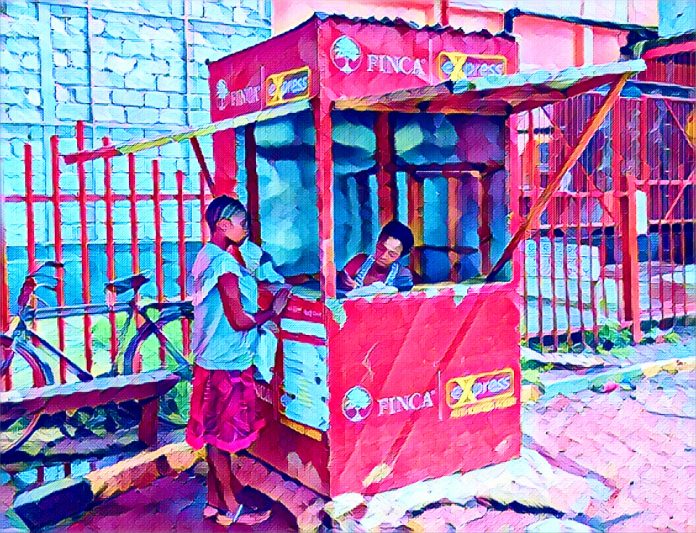The informal sector in Nigeria struggles to access funding and growth opportunities due to financial exclusion. The “Informal Economy Report 2024” by Moniepoint highlights these challenges and calls for urgent solutions.
The report reveals that many development programs and initiatives designed to support businesses are inaccessible to the informal sector. This exclusion stems from a lack of banking access, which impacts businesses in multiple ways. Many informal businesses remain invisible to these programs due to inadequate documentation.
“Opportunities exist, but access is constrained for most informal businesses,” the report states. Without proper documentation, these businesses cannot apply for grants and other financial support, limiting their growth potential.
Funding is crucial for the operations of informal sector businesses. However, many cannot obtain external funding and often seek loans from family and friends. “Lack of a financial history makes it impossible for many to access credit from formal systems,” the report notes.
Despite the presence of automated teller machines (ATMs) and banks in many urban areas, numerous businesses remain excluded from traditional banking services. This exclusion is due to the stringent requirements of traditional banking.
Building banking and payment services tailored to the needs of informal businesses can help bridge this gap. “Providing banking services aligned with regulations can help these businesses transition to a more formalized system,” the report suggests. This transition would grant them access to systemic benefits available to more formalized businesses.
Simplifying access to credit is also essential. “Getting credit remains challenging, especially for informal businesses without formal banking records,” the report emphasizes. Traditional financial players often find it difficult to assess these businesses accurately. When credit is provided, it is usually insufficient to significantly impact business growth.
Stakeholder collaboration is crucial for breaking down barriers to business formalization. The report highlights ongoing partnerships with government agencies, such as the Corporate Affairs Commission (CAC). “By partnering with government agencies, we’ve made it easier for businesses to obtain necessary documentation to become formal,” the report states. This collaboration enables business owners to register their business names directly through platforms like Moniepoint.
The “Informal Economy Report 2024” underscores the urgent need to address financial exclusion in Nigeria’s informal sector. By simplifying access to banking services and credit, and through strategic collaborations, it is possible to foster growth and development in this crucial part of the economy.
Source: The Guardian



